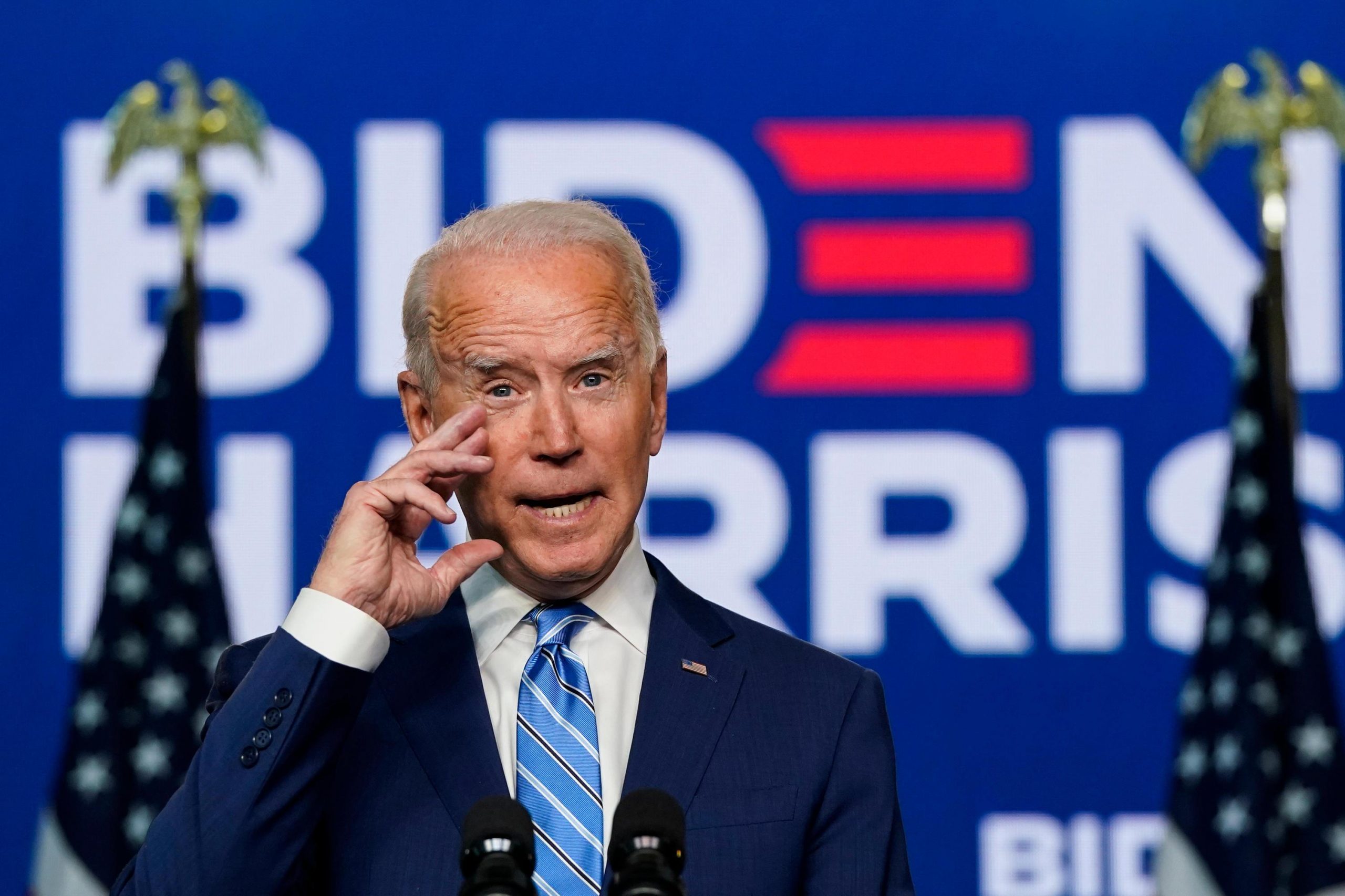Since becoming President of the United States, Joe Biden took his first big win when Congress passed the $1.2 trillion bipartisan infrastructure bill. This bill was one of the biggest, if not the central pillar, of Biden’s domestic agenda.
It was 228 to 206 votes. Thirteen Republicans voted alongside the majority of Democrats, while six Democrats voted against it.
The next step is for Joe Biden to sign the bill into law. It took months and months to get to this point – the legislation initially passed in August but stalled out in the House of Representatives. The Democrats wanted to negotiate on a different $1.9 trillion economic package which many viewed as the fraternal twin of the infrastructure bill.
The bill passed on Friday 5 November 2021 and brings with it $550 billion of federal investments in America’s over five years; this will include money allocated for massively improving roads, bridges, mass transit, railroads, airports, and ports. There is also $65 million to improve the electric grid and water systems – so America can avoid another town becoming a Flint, Michigan, or supporting Texas in case of another power grid failure during a winter storm. And finally, $7.5 billion will be used to build a nationwide network of plug-in electric car chargers.
The House moved forward in sending the infrastructure bill to Biden’s desk on Friday. There was opposition from progressives that wanted to sink the bill if it moved forward without the economic package.
Unsurprisingly, the Democrats are divided – it’s been a struggle to unite the moderates and the progressives to get Biden’s agenda through. The President had to personally get involved, making visits to rally his fellow Democrats.
Before the vote took place, about twenty progressives said they wouldn’t vote for the infrastructure until the social spending bill was ready to be implemented. Biden spoke to progressives on Friday, saying he was willing to work with them to find a solution if they agreed to vote for the infrastructure bill. He assured them he is committed to passing his economic and climate agenda bill. Despite the talks, the progressives weren’t thrilled that leadership pushed the infrastructure bill through without the social spending bill.
Lawmakers insist the bill will pay for itself but found that it would add billions to the deficit over the next ten years. This bill is going to add about $350 billion to the deficit. Some of the money will be coming from unused Covid-19 relief funds. American citizens don’t have to worry about paying higher taxes unless they make over $400,00 a year. The bill does not include an increase in gas taxes or electric car fees.
Here is what’s in the infrastructure bill:
- $100 billion for roads, bridges, etc.
- $40 billion for bridge repair and replacement
- $16 billion for other major projects
- $11 billion for transportation safety
- $1 billion to reconnect communities
- $39 billion to modernize public transit
- $66 billion in passenger and freight rail
- $65 billion to improve the nation’s broadband
- $17 billion for port infrastructure
- $25 billion for airports
- $7.5 billion for zero and low-emission busses and ferries
- $7.5 billion for nationwide electric car plug-in chargers
- $65 billion to rebuild the electric grid
- $55 billion to upgrade water infrastructure
- $50 billion make the system more resilient
$21 billion to clean up Superfund and brownfield sites


